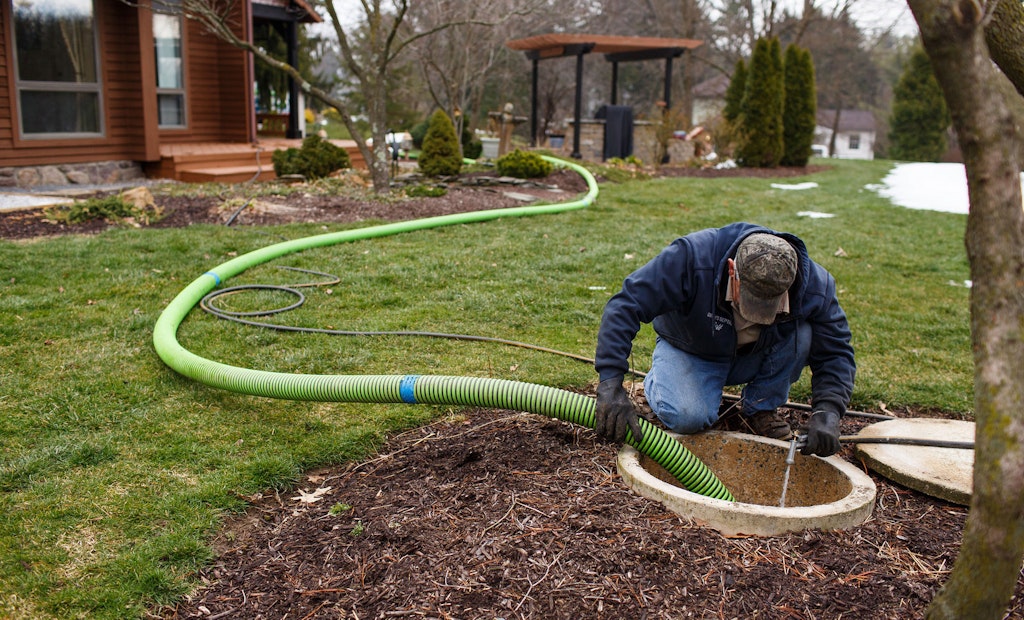Interested in Business?
Get Business articles, news and videos right in your inbox! Sign up now.
Business + Get AlertsThe significant uptick in liquid waste industry consolidation over the last several years is expected to continue into 2019. Large, well-capitalized, market-leading companies continue to prove the benefits of consolidation for sellers and buyers and thus will continue acquiring smaller, privately held companies at a rapid clip. This activity mirrors the “roll-up” of the solid waste industry in the 1980s and 1990s by national players such as Waste Management and Republic Services and provides a window of opportunity for founder-owners to realize value for businesses they have built.
There are several factors driving this merger and acquisition (M&A) activity. First and foremost, many business owners are approaching retirement age and want to realize the significant value they have created in their business. Additionally, larger companies have proven the value of scale in the liquid waste industry and have established track records of successfully acquiring and integrating acquisitions to maximize value for all parties and provide a smooth path for owners looking to sell.
Nationwide, the liquid waste industry is seeing a shortage of capable young talent and, as a result, there are limited options for successfully harvesting value for businesses built over many years. Despite having fewer options to hand over their companies to younger family members, many savvy business owners are, nevertheless, realizing the benefits of selling their businesses in today’s consolidating market. “Business owners in today’s M&A environment have some attractive exit options that simply weren’t available in years past,” says Dave Kline, former owner of Kline’s Services in Pennsylvania.
The overall M&A market is at a historical peak in terms of activity and valuations, so many owners fear missing out on the opportunity to sell their business while the market is strong. In the game of musical chairs, business owners do not want be the last man standing.
Business owners are also facing the threat of increased competition from larger super-regional organizations, many of which can negotiate better terms with their vendors and have their own disposal capabilities. As these competitors enter a new region, they can offer broader service capabilities and better pricing that can unseat many long-term customer relationships.
Additionally, larger competitors are typically able to offer their employees both higher wages and better benefits. “As I considered my options for transitioning the business, I began to realize the many benefits of teaming up with a larger organization,” says Jim Lanier, former owner of Stanley Environmental Solutions/Earth Farms in North Carolina.
One of the most successful East Coast consolidators in the liquid waste industry is Massachusetts-based Wind River Environmental, which has acquired over 75 companies since inception. With an employee base of over 700 employees and a presence stretching from Maine to Florida, Wind River and its affiliated companies service and maintain a broad array of nonhazardous liquid waste systems, including grease traps, septic tanks and related waste systems, at more than 80,000 customer sites.
In 2018, Wind River purchased nine companies, including its recent acquisition of Hamby’s Commercial Waste in metropolitan Atlanta. Hamby’s had been owned and operated for over 50 years by the Hamby and Wadsworth families. “We’re excited to join Wind River. Their capabilities and resources, coupled with our long-standing customer relationships, will result in a powerful combination,” says Sue Wadsworth, retiring President of Hamby’s.
According to David Parry, CEO of Wind River, “We are aggressively looking to buy companies similar to Hamby’s in 2019. We offer a win-win solution where owners can sell their business at an attractive price, while ensuring their legacy is being transitioned to capable hands. I have seen this consolidation occur in many industries in the past, and the early movers are always the ones that benefit the most.”
If you’re interested in learning more about your long-term alternatives, please contact Greg Creamer at Wind River Environmental: gcreamer@wrenvironmental.com.






